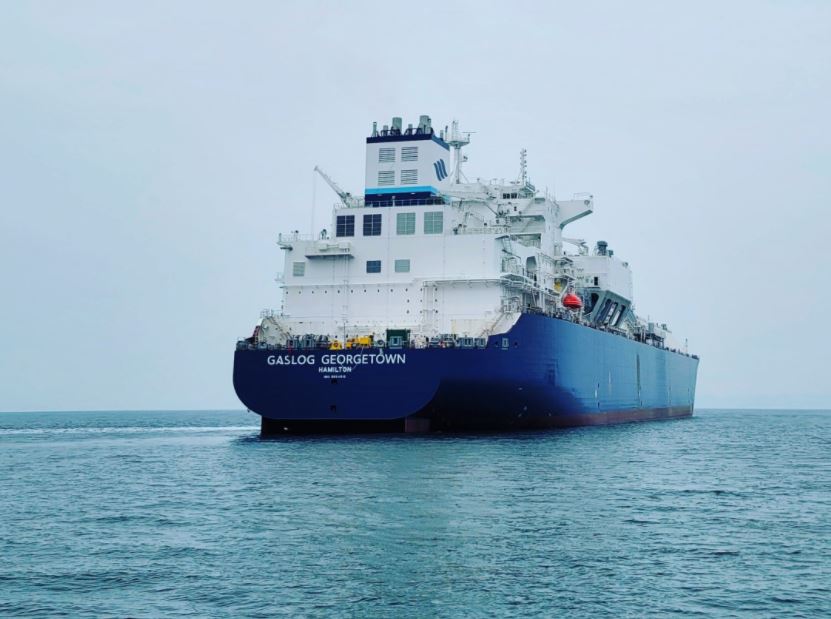BlackRock’s Global Energy & Power Infrastructure Fund has entered into a merger deal with Peter Livanos-led GasLog, which would see the NYSE-listed LNG shipping firm go private.
Under the deal, GEPIF will acquire all of the outstanding common shares of GasLog not held by certain existing shareholders, the firm said on Monday.
These include Blenheim Holdings, wholly-owned by the Livanos family, and an affiliate of the Onassis Foundation.
Furthermore, GEPIF will pay $5.8 per share in cash to get about 45% shares in GasLog. Blenheim Holdings and the Onassis Foundation will continue to have a 55% stake in the Greece-based LNG shipper.
The acquisition price represents a 17% premium to the closing price of GasLog’s common shares on February 19, and a 22% premium of the average price of shares over the last 30 days.
Following the completion of the transaction, the common shares of GasLog will be delisted from the New York Stock Exchange.
GasLog’s preference shares as well as the common and preference units of GasLog Partners will remain outstanding and continue to trade on the NYSE, it said.
“Transformative transaction”
“This transaction is a transformative next step for GasLog, offering shareholders an immediate and considerable premium for their shares and allowing for access to growth capital currently absent in the public equity markets,” said Peter Livanos, chairman of GasLog.
He said BlackRock’s GEPIF team has a “track record of success in supporting energy infrastructure businesses such as ours.”
“I am confident that our employees offshore and on shore, customers and lending relationships will enjoy the many and substantial benefits of this partnership,” Livanos said.
“We are excited to partner with GasLog’s world-class management team to facilitate the company’s strong capabilities in meeting the growing global demand for LNG, particularly in Asia, through its fleet of modern, efficient vessels,” said Mark Florian, head of GEPIF.
“As the global shift to more environmentally-friendly energy sources such as natural gas and renewables from coal and other fuels continues, we are pleased to invest in an infrastructure business supported by long-term contracts with leading energy companies and that supports the global energy transition,” he said.
GasLog expects the transaction to close in the second quarter of 2021, subject to approval by its shareholders at a special meeting.
GasLog’s consolidated fleet consists of 35 LNG carriers. Of these vessels, the firm owns 18 LNG carriers while its unit GasLog Partners controls 15 LNG carriers.

